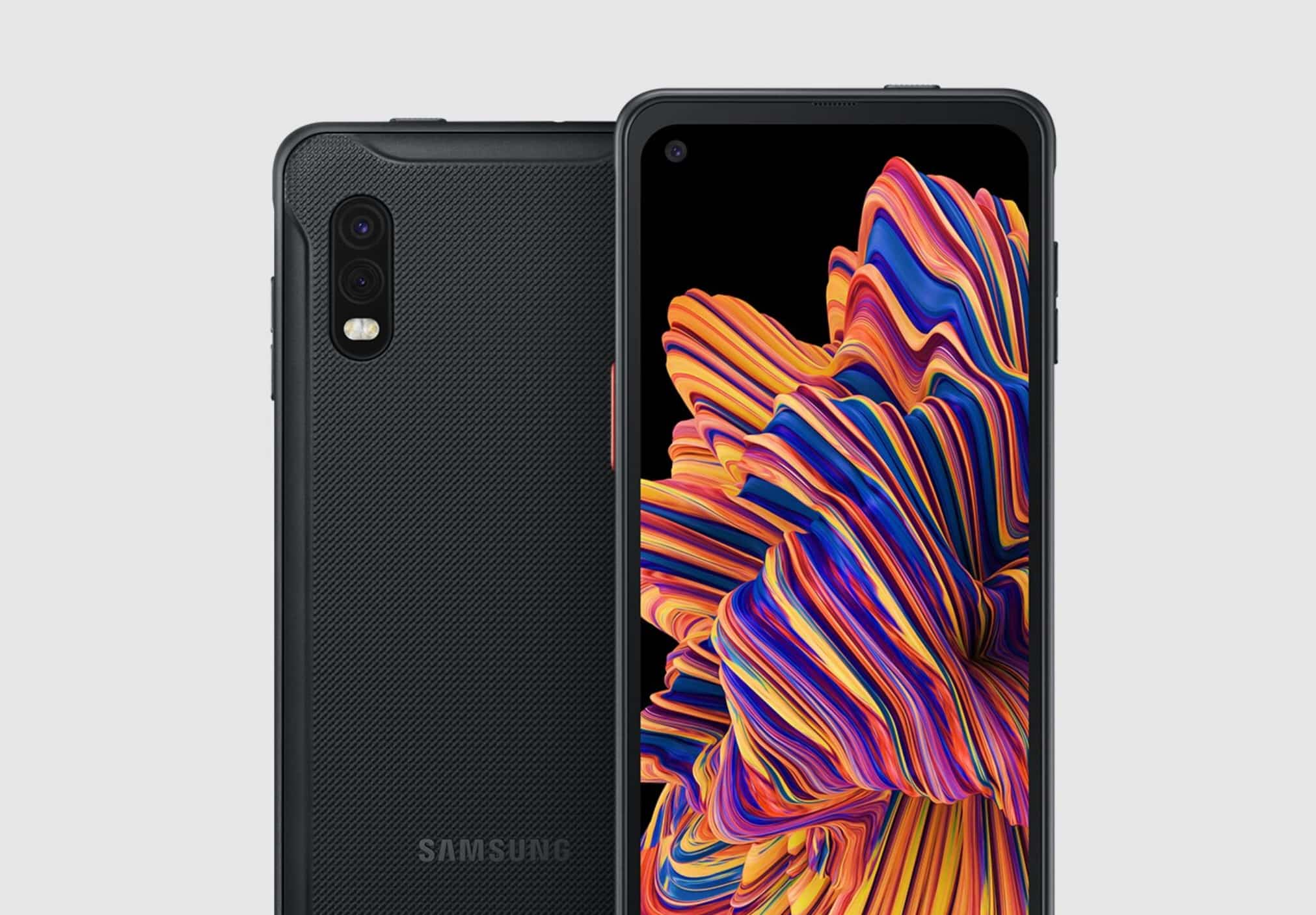
Samsung launches rugged and affordable Galaxy XCover Pro Android 10 smartphone for frontline workers
Nowadays, smartphones are getting ridiculously expensive, with some flagships far exceeding $1,000. Worst of all, these pricey phones are still quite delicate -- if you drop it, there is a good chance the screen will shatter or it will become damaged in a different way.
Today, Samsung launches a new Android 10 smartphone that isn't just rugged, but affordable too. You see, the "Galaxy XCover Pro," as it is called, is priced at less than $500. It is IP68 rated and MIL-STD 810G certified, making it ideal for frontline workers that do physical jobs. These are people like construction workers or even medical professionals helping to fight COVID-19. It even has Microsoft Teams integration, including a dedicated button for the Walkie Talkie feature. Plus, Samsung promises three years of security updates too, providing peace of mind.
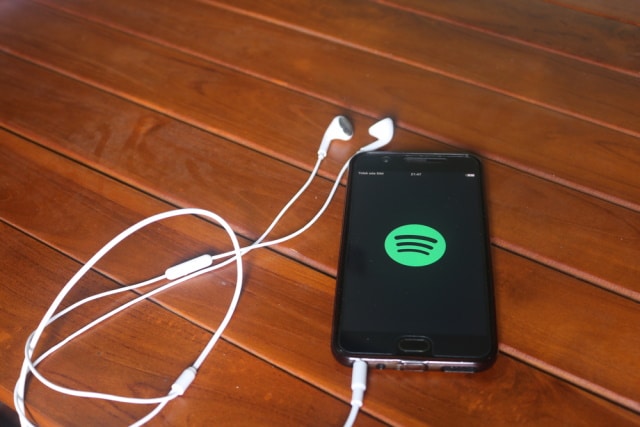
Spotify now lets you hide songs from other people's playlists
If you've been looking for one more reason to cough up for a Spotify Premium subscription, the ability to hide songs in playlists could be it.
You may well have found a number of near-perfect playlists that other people have created, but there's a reasonable chance that there's at least one song you can't stand. Now, rather than having to skip the track -- or manually recreate the playlist yourself with the offending song removed -- you can simply tell Spotify to hide it.
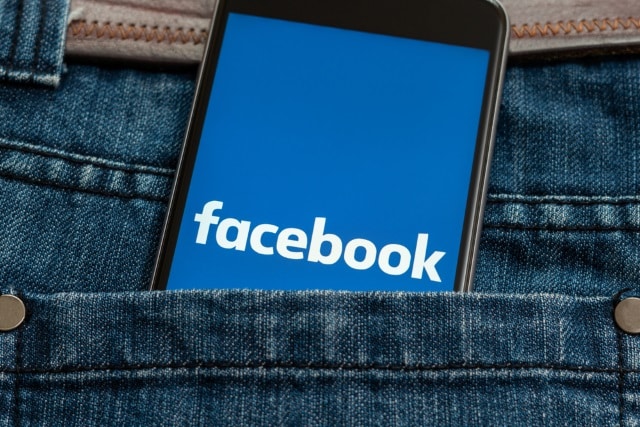
Facebook Gaming app launches today
Facebook is now a multi-faceted beast, and the latest weapon in the social network's growing arsenal is a dedicated gaming app.
The company is launching Facebook Gaming today, providing users with an app to livestream game content. Reports says that the app will also include "casual games and access to gaming communities". Competing with Amazon's Twitch, Google's YouTube and Microsoft's Mixer, the app lands on Android today, and is also due on iOS pending approval from Apple.
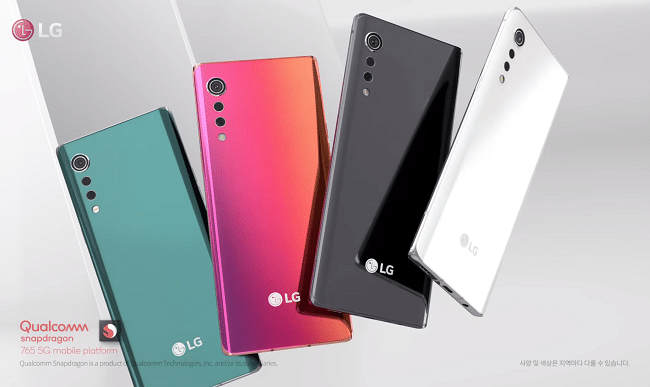
LG Velvet looks smooth as silk in new video
LG smartphones are often great -- not always, but usually. The company's Android devices are typically chock-full of cool features and respectable specifications. LG's V series of smartphones, in particular, have been very revolutionary. The V60 ThinQ 5G, which we reviewed recently, is one of the best Android phones in years -- as long as you also buy the useful second screen. Despite all the notable specs and features, there is a small problem with LG phones in recent years -- they look a bit dated. And yes, the design of a smartphone does matter. Look, phones aren't just handheld computers nowadays, but in addition, they are a fashion accessory and status symbol.
For LG's success in the Android market to continue, a rethink of design style was necessary. Well, the company has done just that, as it now looks to wow the world with the all-new LG Velvet Android smartphone which uses a new branding scheme. Rather than use letters and numbers to name their devices, it will use words instead -- "Velvet" instead of "V60," for instance. This is reminiscent of the automobile industry, where Ford and Chevy use bold names like "Mustang" and "Blazer" while Infinity and Volvo use cold names such as "Q50" and "XC40." The company first spoke of the upcoming device earlier this month, but now, it has released an official YouTube video as well.
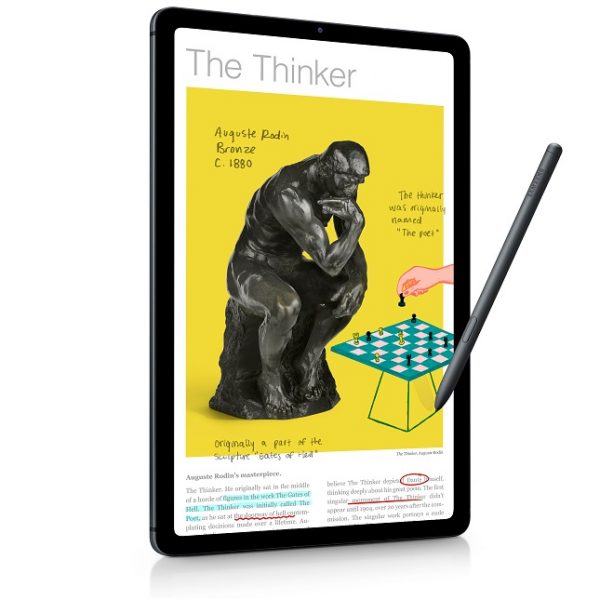
Samsung Galaxy Tab S6 Lite is a beautiful Android 10 tablet that comes with an S Pen
If you are an iPhone user, and you want a tablet, you should absolutely get an iPad. Why? Because not only do they share the same App Store (meaning you can often buy an app once and have it on both devices), but also, they can be linked so you get text messages and phone calls on the iPad. The problem? Most of the world uses Android smartphones -- not iPhone. Unfortunately, quality Android tablets are becoming increasingly more rare.
Thankfully, some companies are still making Android tablets consumers will actually want, and today, a new one is announced by Samsung. Called "Galaxy Tab S6 Lite," the tablet runs Android 10 and comes with an S Pen included. This device is designed with a focus on media consumption, so it has a big beautiful display and dual AKG-tuned speakers with Dolby Atmos 3D surround sound. It even comes with complimentary access to YouTube Premium for four months.
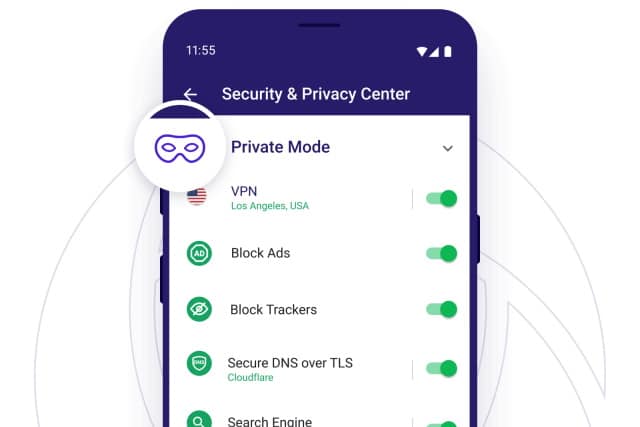
Avast Secure Browser lands on Android complete with a built-in VPN
Avast has launched an Android version of its security- and privacy-focused web browser. Avast Secure Browser features various DNS options and a built-in VPN to calm the fears of those concerned about their privacy.
This is not all the browser has to offer. There's also anti-tracking technology and complete data encryption to take care of the security side of things as well.
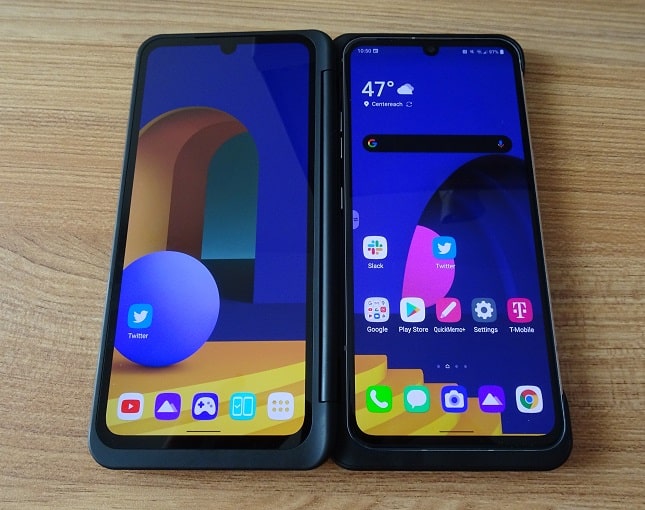
LG V60 ThinQ 5G with Dual Screen Review: imperfect, yet magical
What is the form-factor future of smartphones? That's a damn good question. Will smartphones with foldable screens really become the norm? I'd like to think so, but as of today, the technology is just not ready. Sadly, these devices with screens that fold are far too delicate. Even when they don't break entirely, they often have an unseemly crease on the screen. Not to mention, they tend to be quite expensive too. Until those issues can be ironed out (pun intended), consumers won't be willing to part with their hard-earned money.
So, what should a consumer that likes the idea of a foldable screen do today? Well, LG has a suggestion -- the V60 ThinQ 5G with Dual Screen. Rather than use a foldable screen for an enhanced user experience, it leverages two screens with a hinge in the middle. In other words, you can experience proper multitasking without dealing with a fragile or creased screen. While that sounds great on paper, the question is, how is it practice? I have been testing the T-Mobile variant of this device, and I am ready to share my feelings on it.

Apple buys Dark Sky, and that’s terrible news for Android users
When a huge tech corporation like Apple or Microsoft buys a company, it can either go very well or terribly wrong for consumers. Microsoft’s purchase of Wunderlist in 2015 was bad, as the Windows-maker ended up killing it. Apple’s purchase of SoundJam MP in 2000, however, turned into iTunes and revolutionized the music industry. As you can see, it can go either way.
Today, Apple buys popular weather app Dark Sky and it seems to be terrible news. No, the iPhone-maker isn’t killing it entirely — it will still be available on iOS for the time being. Unfortunately, Apple is shuttering both the Android and Wear OS versions, leaving users of Googles’s mobile operating systems without access to the popular app.

Shutterstock makes over 17 million videos available on Android and iOS
If you need access to video footage while on the go, then you’ll be interested in today’s announcement from Shutterstock which sees the company make over 17 million videos available to license on both Android and iOS.
The footage is offered in SD, HD, and 4K quality and you can search, save and license whatever footage you require.
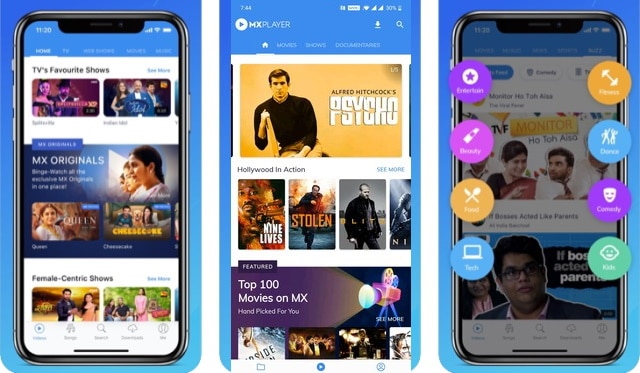
MX Player launches free movie and TV streaming service in US, UK and more
MX Player is not only a nifty media player, for some time it has also offered free streaming services in India. Now this is expanding into seven new markets including the US, the UK and Australia.
While not linked to the coronavirus pandemic, the offer of free entertainment will please many people who find themselves stuck at home. MX Player is home to both licensed and original content, which is currently enjoyed by 175 million monthly users.
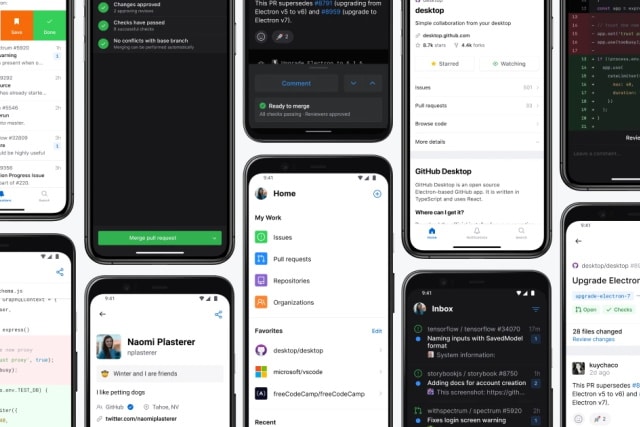
GitHub mobile app exits beta so Android and iOS users can manage code on the move
It is somewhat surprising that the Microsoft-owned GitHub has been around for so long without there being a mobile app, but now this is changing. After a period of beta testing, GitHub for mobile is now available.
The app makes it possible for development teams to keep in contact on the move, as well as merging code from the comfort of a smartphone or tablet.
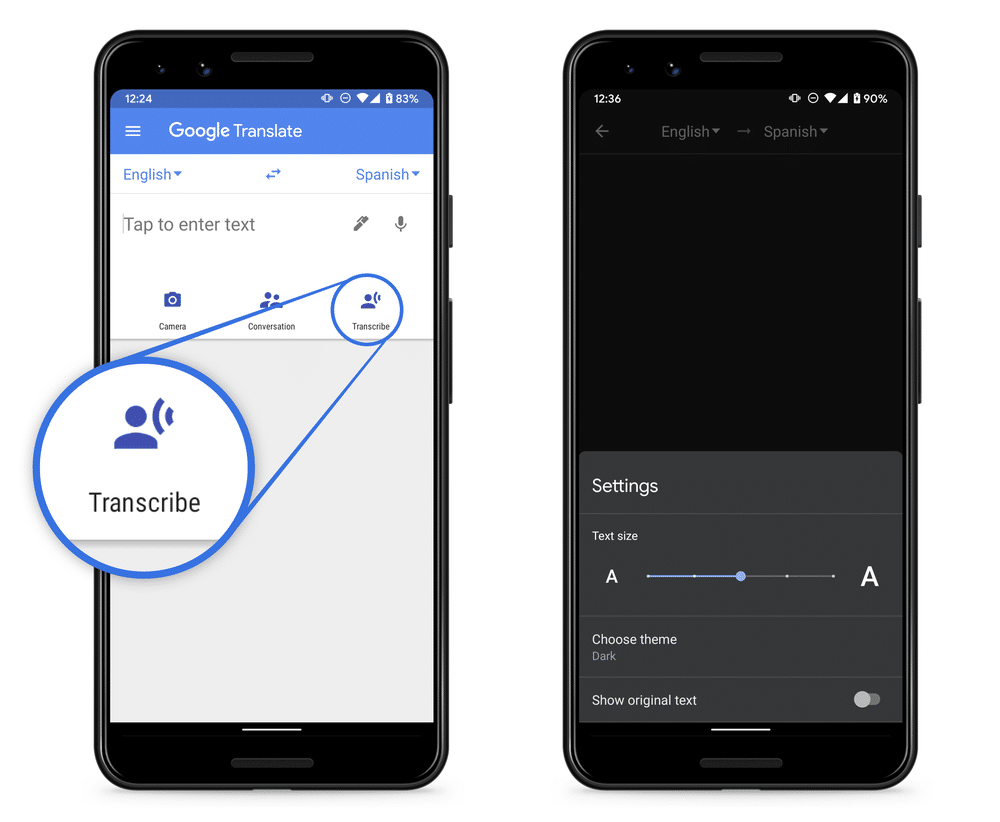
Google Translate app update introduces speech transcription functionality
The Google Translate application for Android may now be used to transcribe speech; the new functionality allows anyone to "transcribe foreign language speech as it's happening", according to Google.
Google Translate Product Manager Sami Iqram describes the motivation behind the new feature.

How to run Android on your iPhone right now
Android and iOS are both great mobile operating systems, but Apple's hardware is considered by many to be second to none. And so, for many years, it has been the dream of many to run Android on an iPhone. Obviously this isn't everybody -- I'd guess the majority of iPhone owners would never want to sully their precious device with a Google-made operating system. Then again, many of them run Chrome, Google Maps, Gmail and YouTube apps on their iPhone, so maybe the search giant's mobile OS wouldn't be looked down upon after all.
Well, regardless of your feeling on the subject, the bottom line is, you can now run Android on your iPhone -- as long as you have a compatible model that is. In fact, you may even be able to run Android on an iPod Touch. Best of all, this is not some old version of Google's mobile OS, but the latest and greatest Android 10! This is all thanks to a new hack called "Project Sandcastle" by Corellium -- a company Apple is already suing. And you'd better believe Steve Jobs (RIP) is rolling in his grave.
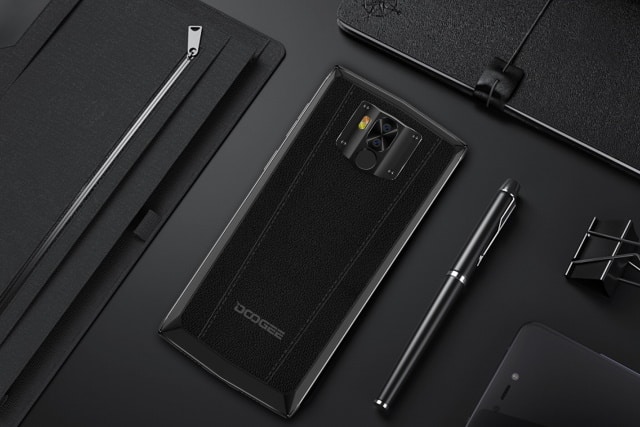
The DOOGEE N100 is a highly affordable phone with a big bastard battery
When looking for a new phone, it's easy to just opt for the latest Android handset or iPhone -- people like the familiarity of sticking with the brands they know. But going down this route does not necessarily mean you get the most suitable phone, and it certainly doesn't mean that you'll get the cheapest.
The newly announced DOOGEE N100 may not be a familiar name, but if you're someone who doesn't like to be tethered to a charging cable, it's a handset that has a great deal to offer you. The phone boasts a colossal 10,000 mAh battery, giving up to 100 hours of talk time and 350 hours of standby, making it ideal for travelers -- but there's much more.
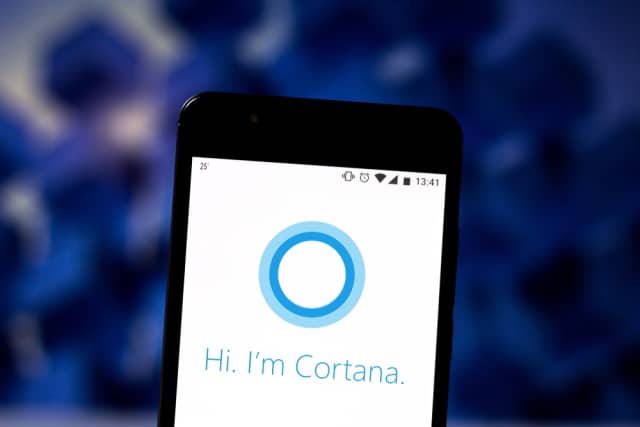
Microsoft is making Cortana much less useful for most people in a business-focused pivot
Microsoft is planning a major re-focus for Cortana; one that will mean the digital assistant becomes far less useful for most people. When Windows 10 version 2004 (or Windows 10 20H1) arrives, users will lose many of Cortana's consumer and third-party skills as Microsoft gives the assistant more of a business focus.
In dropping feature, Microsoft says that Cortana will be "focused on your productivity with enhanced security and privacy". Other significant change is the impending removal of Cortana from the Android Launcher app and a closer relationship with Microsoft 365.
